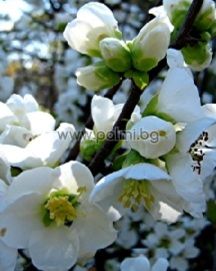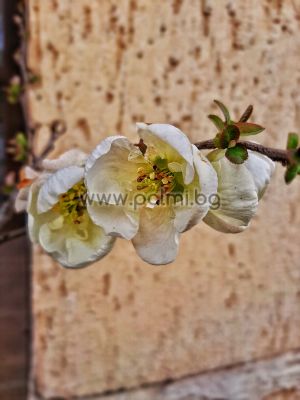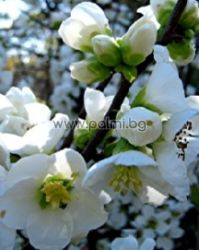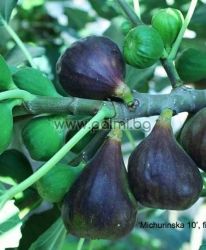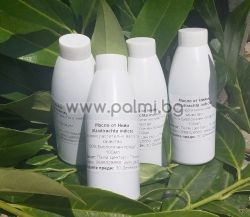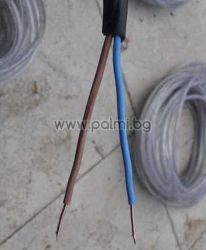Products
Japanese
Japanese quince
Chaenomeles speciosa ‘Kinshiden’
Chaenomeles speciosa ‘Kinshiden’ – Japanese Quince with White-Greenish Flowers
Chaenomeles speciosa ‘Kinshiden’ is a highly ornamental deciduous shrub, known for its early and abundant flowering in delicate white-greenish to creamy tones. Blooming from late winter to early spring, it becomes one of the first highlights in the garden.
The shrub has a dense, well-branched growth habit and is suitable for hedges, specimen planting, or decorative groupings. After flowering, it produces fragrant yellow fruits with both ornamental and practical value, commonly used for jams and jellies.
Benefits of Chaenomeles ‘Kinshiden’
-
Early spring flowering
-
Elegant white-greenish flowers
-
Suitable for gardens and hedges
-
Very cold-hardy and low-maintenance
-
Decorative and aromatic fruits in autumn
Growing Conditions
Chaenomeles speciosa ‘Kinshiden’ prefers sunny to partially shaded locations. It grows well in a wide range of soils as long as they are well drained. The plant tolerates pruning and is resistant to low temperatures and urban conditions, making it an easy-care ornamental shrub.
Uses
-
Ornamental garden shrub
-
Hedge planting
-
Specimen plant
-
Early spring accent in landscape design
Order Chaenomeles speciosa ‘Kinshiden’ online and enjoy its refined spring bloom and natural elegance in your garden.
Availability: 37 pcs

